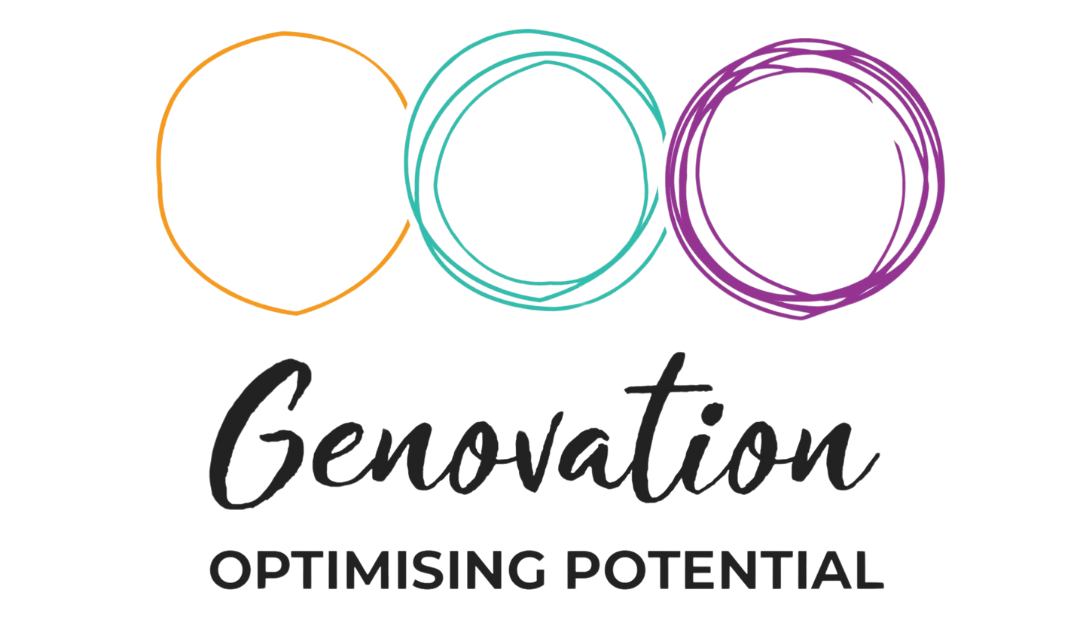Insights from Giuliana: Building a Social Community for Young Adults
Creating a strong social community is important for young adults with additional needs. Social connections help build confidence, encourage independence, and improve well-being.
But for many young adults, making friends and getting involved in the community can feel overwhelming.
Giuliana shares her insights on how young adults can build a social community and how the NDIS can help.
Question 1: Why Is Social Connection So Important for Young Adults?
Social connections give young adults a sense of belonging. Friendships and community involvement improve confidence, mental well-being, and everyday independence.
Many young adults with additional needs want to make friends and be part of a community, but they may need extra support to get started.
Having a strong social network also helps with life skills. Through social activities, young adults learn teamwork, problem-solving, and communication skills, all of which support long-term independence.
Question 2: How Does the NDIS Support Social and Community Participation?
The NDIS funds social and community participation under Capacity Building – Increased Social and Community Participation.
This funding helps young adults take part in structured activities that encourage social connections. It can cover group programs, skill-building workshops, and support workers who assist with community outings.
Many young adults use this funding for things like sports teams, creative workshops, social groups, and even travel training to help them confidently access their community.
Question 3: What Are Some Great Social Activities for Young Adults?
Social activities should match a person’s interests and comfort level.
Some young adults enjoy structured programs like cooking classes, music groups, or recreational sports, while others prefer casual social outings like movie nights or group trips to community events.
NDIS funding can also be used for volunteering opportunities, which are a great way to build confidence, meet new people, and develop life skills in a supportive environment.
Practical Tips and Takeaways
Giuliana recommends starting with small, low-pressure social activities.
Not everyone feels comfortable in big groups right away, so taking small steps - like attending a one-on-one support session or a small-group class - can help young adults ease into social settings.
She also suggests looking for programs with trained staff who understand different disability needs.
A supportive environment makes a big difference in how comfortable and confident young adults feel when making new connections.
Let Them Lead
It’s important for young adults to have choice and control over their social lives. Encouraging them to pick activities based on their interests makes participation more enjoyable and meaningful.
Support Without Pressure
Social growth happens at different paces. Some young adults will jump into activities, while others may take time to feel comfortable.
Letting them go at their own pace, while still providing support and encouragement, helps create positive experiences.
Need Help Finding Social Support For Your Young Adult?
Chat with Giuliana now to explore programs, find trusted providers, and make sure young adults have the right support to build friendships and confidence

